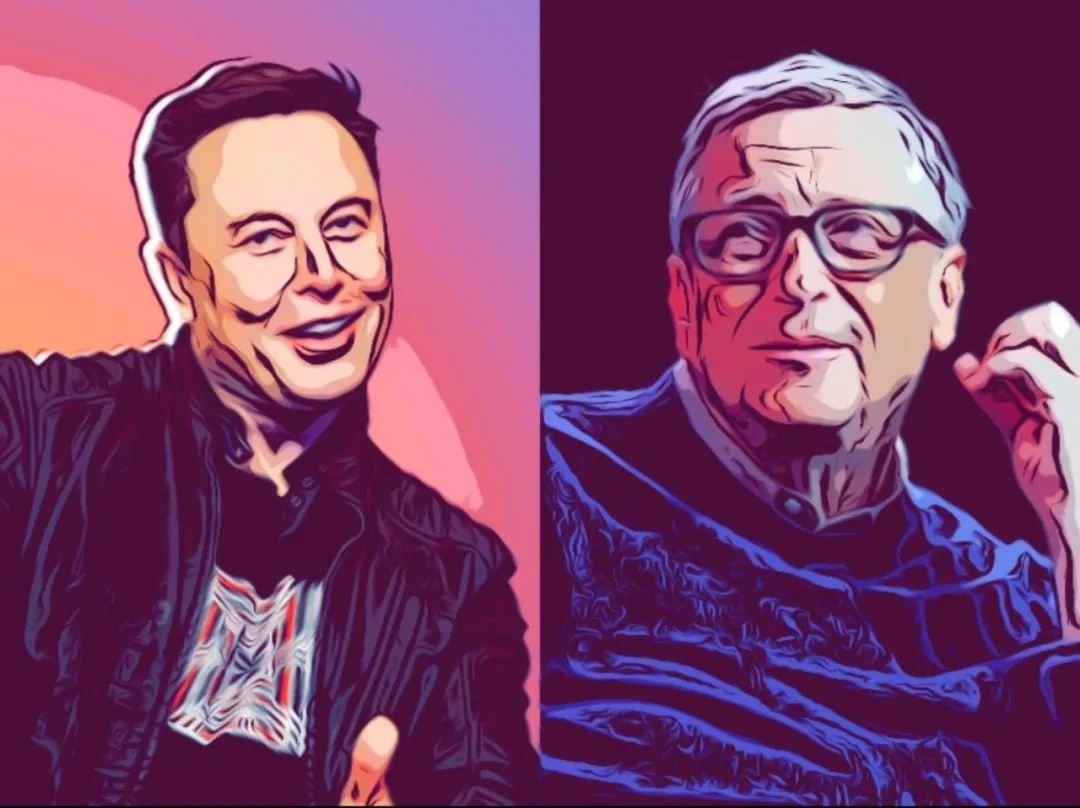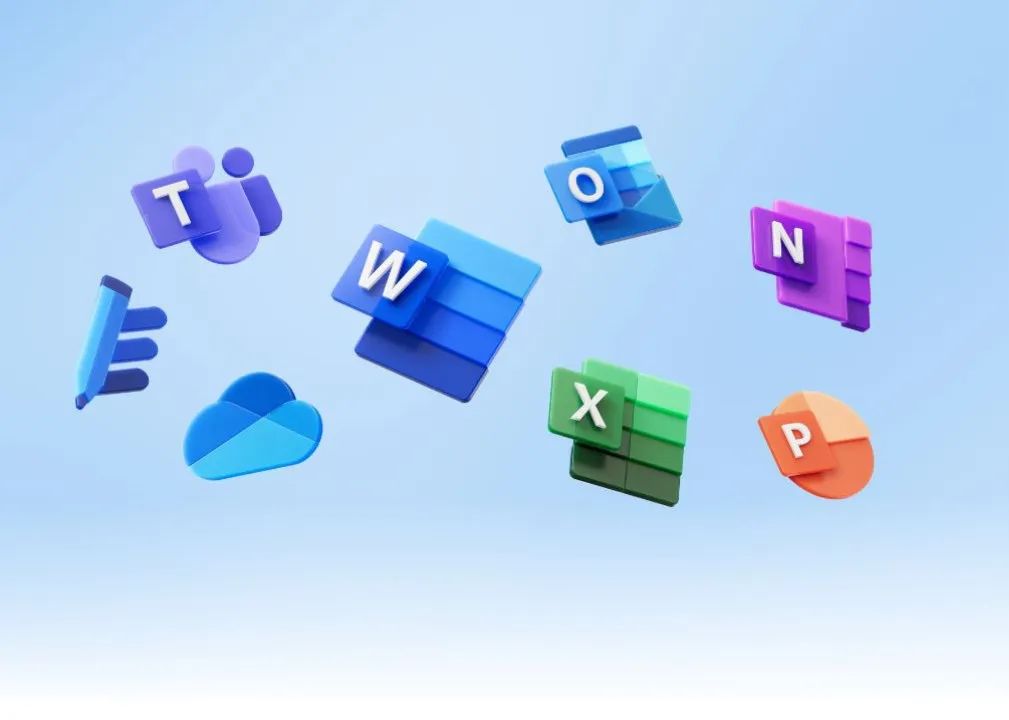Unveiling Musk's 'Macrohard': Insights from Former xAI Experts
![]() 08/25 2025
08/25 2025
![]() 674
674
When it comes to stirring up controversy, Elon Musk is unparalleled.
As soon as the name 'Macrohard' was announced, the wordplay enthusiasts in my social circle likely found themselves out of a job.
Yet, since the announcement, my phone has been ringing non-stop, with investors alike posing the same questions:
'What do you think? A joke or a game-changer?'
'Is this another Musk whim, or the next AI inflection point?'
The response from Silicon Rabbit remains consistent: When Musk packages a 'very real' project under a seemingly joking name, one must take the strategic goals behind it very seriously.
The name itself serves as an efficient information filter, keeping the public entertained while concealing its true intentions.
To delve deeper, Silicon Rabbit promptly reached out to former xAI and AI infrastructure experts post-announcement. Beyond the surface factors of 'personal grievances' and 'online revelry', we discussed Musk's new company's core intentions at three levels, based on our conversations with these experts.

Firstly, it's evident that Macrohard is Musk's direct response to Bill Gates and Microsoft.
From shorting Tesla, questioning electric trucks, to Microsoft's significant investment in OpenAI, the business rivalry between the two has a long history.
Thus, Macrohard is an extension of Musk's personal will, a public challenge for the world to see.
However, this is merely side A of the story.
Side B reveals that Musk has masterfully executed an epic recruitment ad and internal stress test for xAI through a seemingly high-profile personal feud.
He's sending a clear message to the world's top AI engineers: 'Join me, and together we'll tackle the most significant, challenging, and fundamental problem – rebuilding software with AI.'
Nothing attracts top talent more than a clear, ambitious, and highly challenging goal.
Secondly, the debate centers on whether Macrohard can create software superior to Office.
- This question's direction is misguided. The crucial difference lies not in the final 'product's superiority but in the disparity of 'production methods.'
This is the technical crux of the entire venture, a level most discussions overlook.
Microsoft's Office is the culmination of decades of work by tens of thousands of engineers, line by line of code. Its core barriers include years of accumulated engineering experience, a vast ecosystem, and deeply ingrained user habits.
Macrohard aims to use clusters of AI agents to 'generate' a functionally equivalent product.
Specifically, traditional software development involves engineers understanding requirements, designing architectures, and then coding. In contrast, Macrohard defines the final required functions and goals for the AI system. Hundreds of dedicated AI agents (responsible for coding, design, testing, etc.) then collaborate in a simulated environment, through continuous trial and error, iteration, and self-correction, ultimately combining into a software product that meets the requirements.
This represents a fundamental shift from 'humans writing instructions' to 'AI achieving goals.' If successful, it will directly challenge the cost structure and production efficiency of traditional software development.
This is the underlying reason why Microsoft and the entire software industry must take it seriously.
Thirdly, viewing Macrohard in isolation will fail to comprehend its full strategic value.
One must consider it within the context of Musk's 'vertically integrated AI technology stack':
Compute layer: The Colossus 2 supercomputer, comprising millions of NVIDIA GPUs as its foundation.
Model layer: xAI and Grok, serving as the continuously evolving brain and core intelligence.
Application layer: From games to now Macrohard, these are the initial high-value targets for commercializing AI capabilities.
What's the concept here?
Musk is creating a native system for the AI era, with independent computing power, models, and application development capabilities, forming a complete closed loop that doesn't rely on external components.
He's not competing within Microsoft's existing market rules; he's attempting to fundamentally alter the development and distribution models of software, thereby undermining Microsoft's business foundation.
So, as investors, should we be worried?
Certainly. But our focus shouldn't solely be on Musk and Microsoft's stock prices. We must urgently seek answers to several key questions:
Engineering bottleneck: How can the efficiency and reliability of collaborative work among clusters of AI agents be ensured? To what extent can they resolve logical conflicts and creativity issues in complex software development?
Efficiency inflection point: When will the cost and efficiency of 'AI-generated software' surpass that of 'human-produced software'? Once this inflection point arrives, the entire software outsourcing and service industry will be reassessed.
Who's next: If Macrohard's model proves successful, who will be the next to face similar challenges? Adobe? SAP? Or Salesforce?







